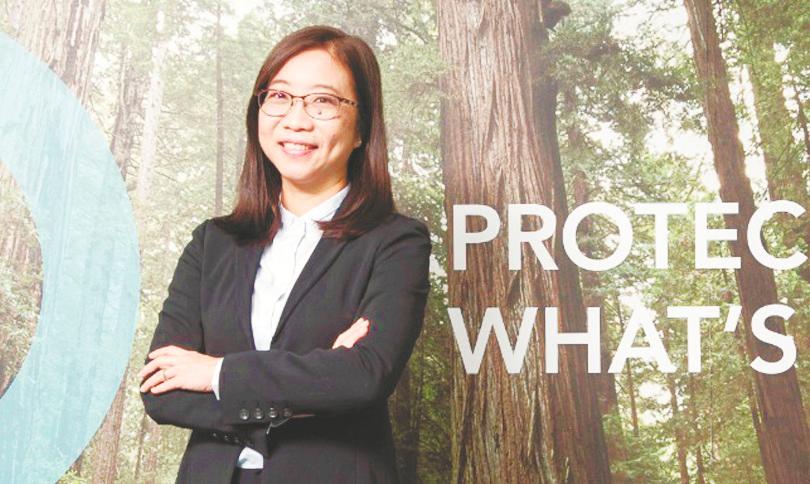KUALA LUMPUR: Tetra Pak, a global leader in food processing and packaging solutions, has reaffirmed its commitment to achieving net-zero greenhouse gas emissions in its operations by 2030 and across its entire value chain by 2050.
This ambition is supported by key initiatives such as reducing fossil-based materials in packaging, improving energy efficiency across facilities, and investing in renewable, lower-carbon alternatives – such as paper-based barriers, which have already been rolled out in millions of packages across Europe through a partnership with Lactogal.
According to Tetra Pak’s director of sustainability for Asean, Terrynz Tan, the company is scaling up its recycling infrastructure, participating in over 200 recycling initiatives across more than 70 countries.
“This includes co-investing in the modernisation of our recycling partner’s polyaluminum recycling facility in Malaysia,” she told SunBiz.
“We are also expanding partnerships with various stakeholders to increase the collection of used beverage cartons (UBC), making recycling more accessible to local communities.”
Tetra Pak’s cartons, made primarily from renewable paperboard, are designed to be easily recycled through the intuitive “Flip, Flap, Flatten” method.
Tan said the paper fibres from cartons are repurposed into products such as boxes and shopping bags, while the polymer-aluminium layers are transformed into durable goods such as roof tiles, furniture, pallets and construction panels.
In Malaysia, the company has partnered with retail malls to set up in-store drop-off points for UBC, enhancing recycling accessibility. In addition, collaboration with local governments, businesses and waste sorters is under way to raise awareness and incentivise recovery at scale.
“Our long-term ambition is to create the world’s most sustainable food package – one that is fully recyclable, made from renewable or recycled materials, and has the lowest possible carbon footprint. Achieving this at scale requires making recycling simple and convenient and fostering collaboration across the entire value chain,” said Tan.
With the global population expected to reach 10 billion by 2050 and food demand projected to rise by 60%, Tetra Pak believes the food industry must evolve to meet this challenge while safeguarding the planet.
“Our approach focuses on enabling access to safe food through sustainable innovations, decarbonising our value chain, and supporting a circular economy,” Tan said.
The company’s aseptic packaging solutions, for example, allow food to be stored and distributed without refrigeration for up to 12 months, reducing food waste and emissions from cold chains, particularly in areas with limited infrastructure.
Tan also addressed the importance of putting people at the centre of Tetra Pak’s sustainability agenda.
“At a time when workers’ rights are increasingly under threat – highlighted by the 2024 Global Rights Index, which shows that 80% of countries deny collective bargaining and 43% restrict freedom of speech or assembly – we remain committed to protecting and empowering workers across our operations, supply chain and the communities we serve.”
Tetra Pak’s approach to social sustainability is rooted in the UN Guiding Principles on Business and Human Rights, with its Human Rights Due Diligence Framework guiding the assessment, identification and mitigation of human rights risks.
“Empowering marginalised workers means ensuring safe, inclusive and fair workplaces,” said Tan. “We work closely with our suppliers to uphold responsible labour practices, guided by our Supplier Code of Conduct covering health and safety, fair working conditions and non-discrimination.”
Acknowledging the heightened vulnerabilities of workers in agriculture and logistics, Tan said Tetra Pak supports industry-wide collaboration to enhance transparency and labour standards.
“We also embed human rights and environmental considerations into our procurement decisions, viewing social sustainability not only as a moral imperative but as a driver of long-term value—for our people, our partners, and the broader ecosystem.”
Tan concluded by emphasising that as food supply chains grow increasingly complex, ensuring food safety and equitable access must remain top priorities.
“Food access starts with ensuring that products are safe when prepared, packed, distributed, and consumed according to their intended use. This is central to our mission of delivering sustainable, scalable solutions that bring food to those who need it – without compromising the future of our planet.”









